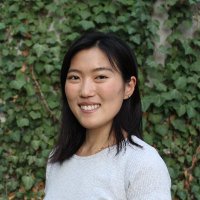
Lukas Hafner
@lostintranscrip
Biologist lost somewhere between the scales | Biology x ML
@TechnionLive
previously @BIUPasteur @lpiparis_ @Biologie_UNIGE
Opinions are my own& mostly wrong
ID: 1103275291731025921
06-03-2019 12:45:02
181 Tweet
174 Takipçi
545 Takip Edilen


Congratulations, Tal Ifargan, Lukas Hafner, Roy Kishony, and team! This is incredibly exciting work! As AI continues to transform every aspect of research, this couldn't be more timely.The last step? Engineering some(thing)one to collect the data at the bench, maybe soon? :D
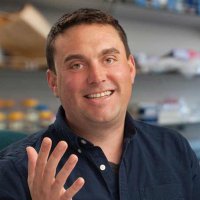
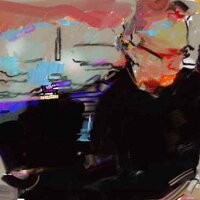



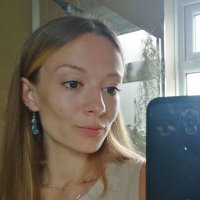
It's so great to be knitting wire cells again, this time for a 32-cell snowflake yeast colony for Will Ratcliff! 🦠 What a beautiful model organism that Will's lab uses to study the evolution of multicellularity. Stay tuned to see the sculpture grow! 😉 #sciart #snowflakeyeast

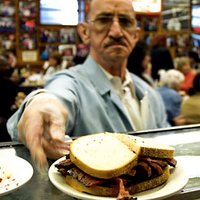

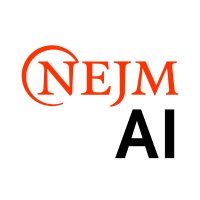
A study by Tal Ifargan and colleagues demonstrates a potential for AI-driven acceleration of scientific discovery in biomedical research and beyond, while enhancing, rather than jeopardizing, traceability, transparency, and verifiability. nejm.ai/4f8JAPA
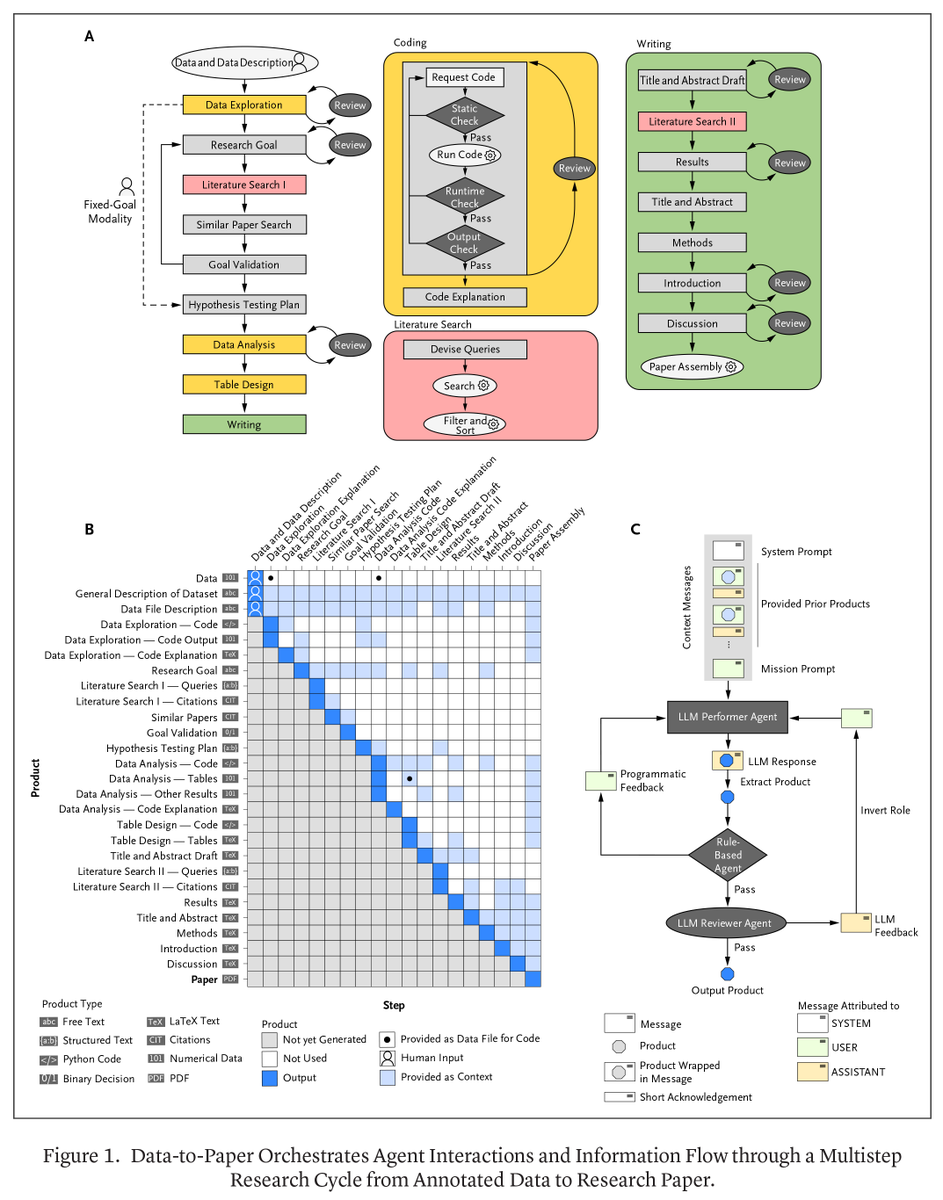


Original Article by Tal Ifargan et al.: Autonomous LLM-Driven Research — from Data to Human-Verifiable Research Papers nejm.ai/4f8JAPA #ArtificialIntelligence
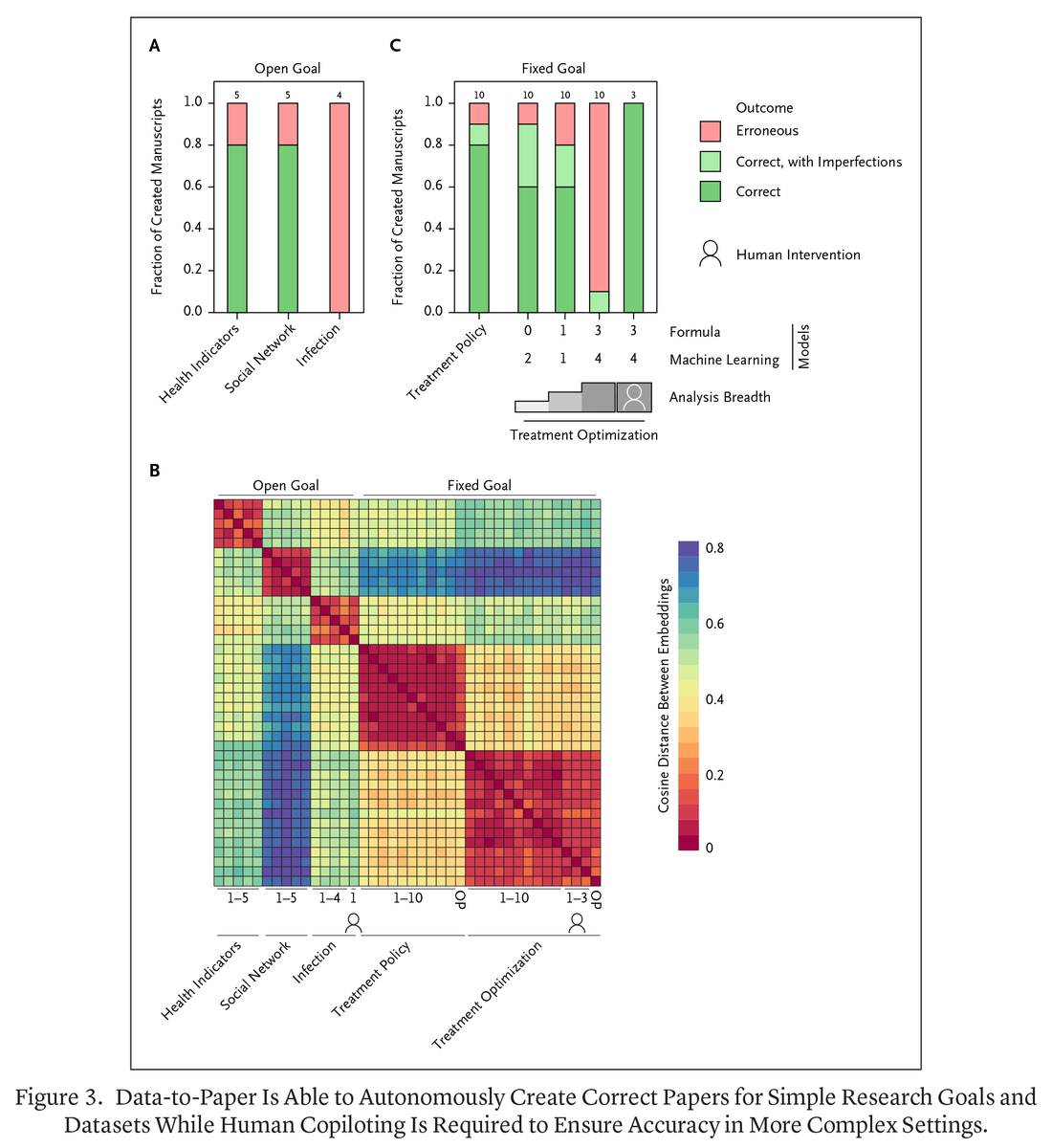

Listen to this one to hear a debate about some of the best medical AI papers of the past few years, lots of laughter, and a rare long-form glimpse into Isaac Kohane’s special mentoring style.


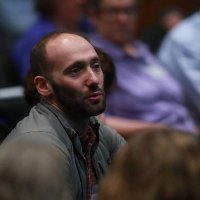
Legitmately thrilled to share our latest work, in which Fernando Rossine solved an experimental challenge in plasmid biology as old as the field: measuring how plasmids compete and evolve within individual cells!
